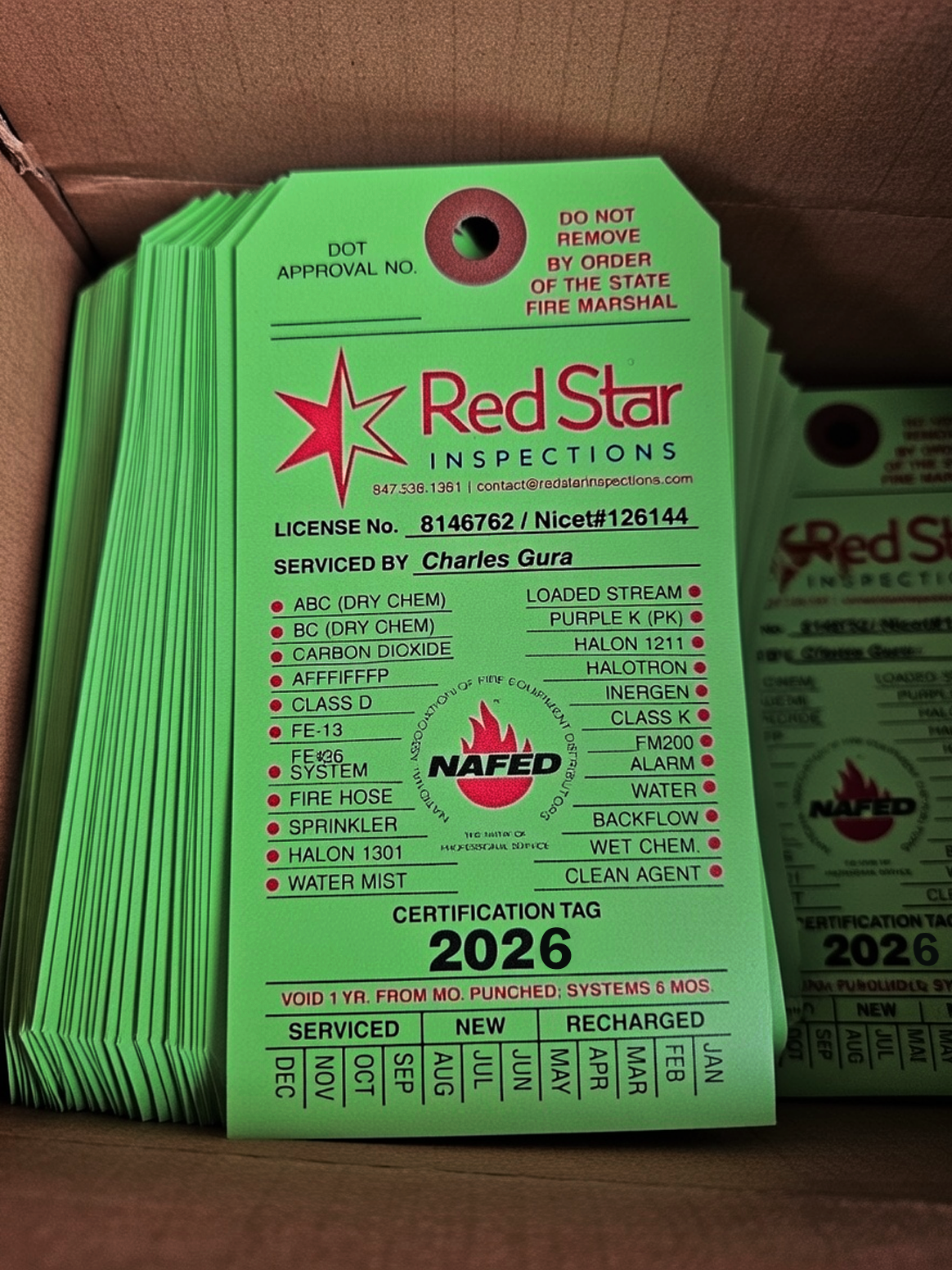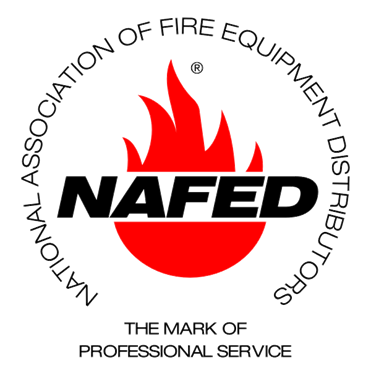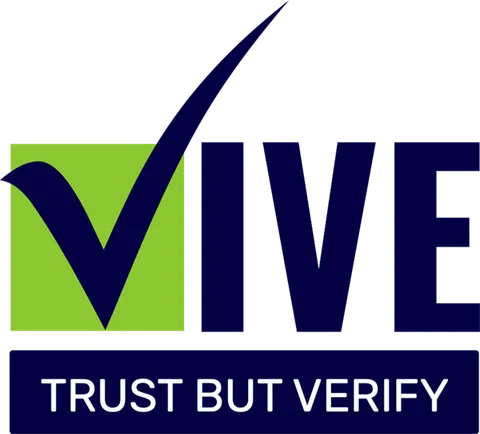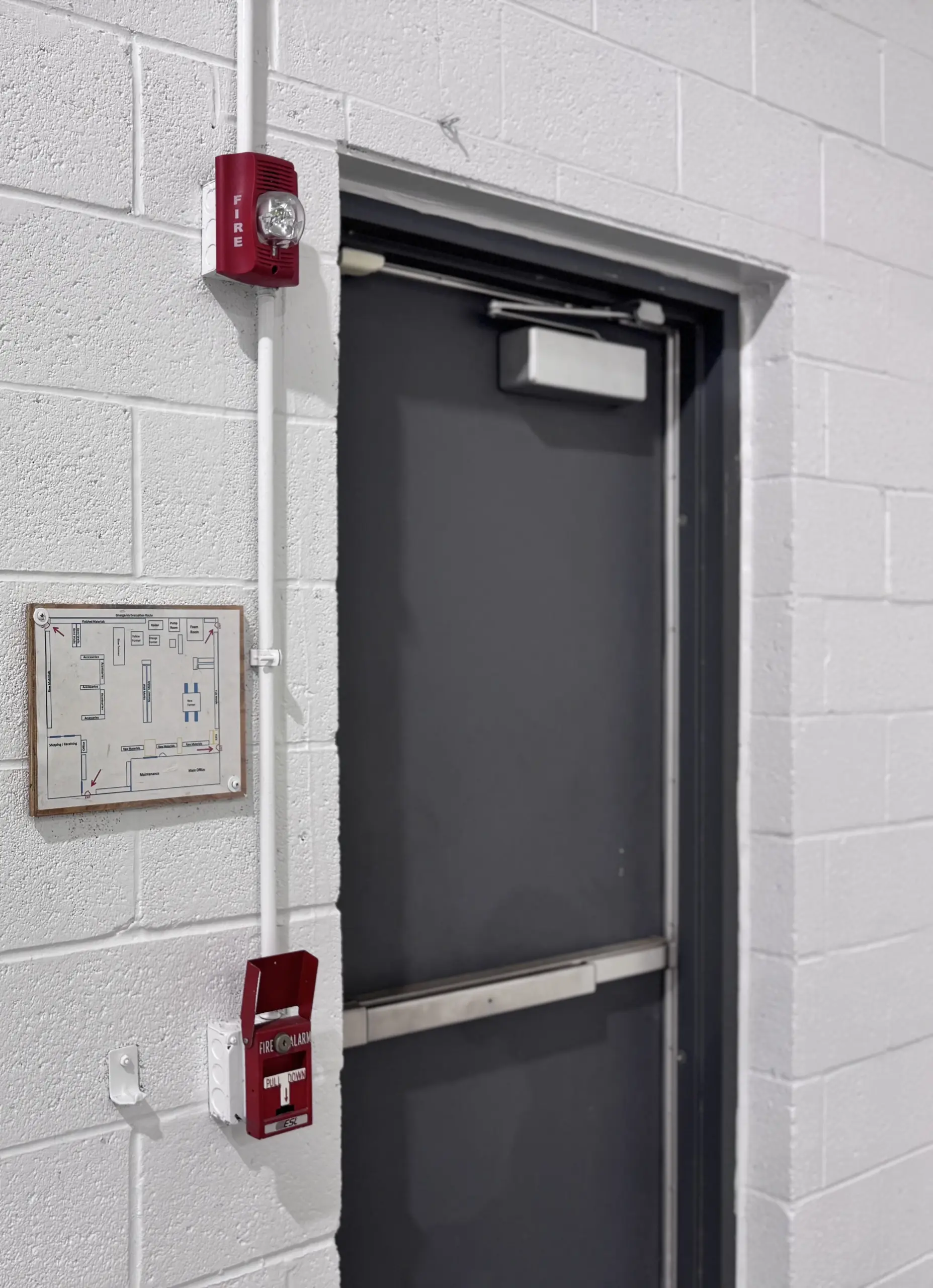
Fire Alarm Inspections by Red Star
We prioritize getting your fire and life safety standards up to code, so you can rest assured!
Proactive fire safety measures, including regular self-inspections of alarms and extinguishers, along with ongoing maintenance, are essential for preventing incidents and ensuring a smooth inspection process. Ultimately, fire alarm inspections are not only regulatory requirements but also fundamental for maintaining a safe and secure business environment. By understanding expectations, preparing diligently, and prioritizing safety, businesses can navigate inspections successfully while upholding fire safety standards.
Why do you need fire alarm inspections?
Fire alarm inspections are crucial for ensuring the safety and compliance of businesses. The frequency of these inspections varies depending on location and industry. While most small businesses can expect annual inspections by the local fire marshal, high-risk industries like hospitality, healthcare, and entertainment may undergo more frequent assessments. To prepare for a fire alarm inspection, businesses must understand their local jurisdiction’s requirements and take proactive steps to ensure compliance.
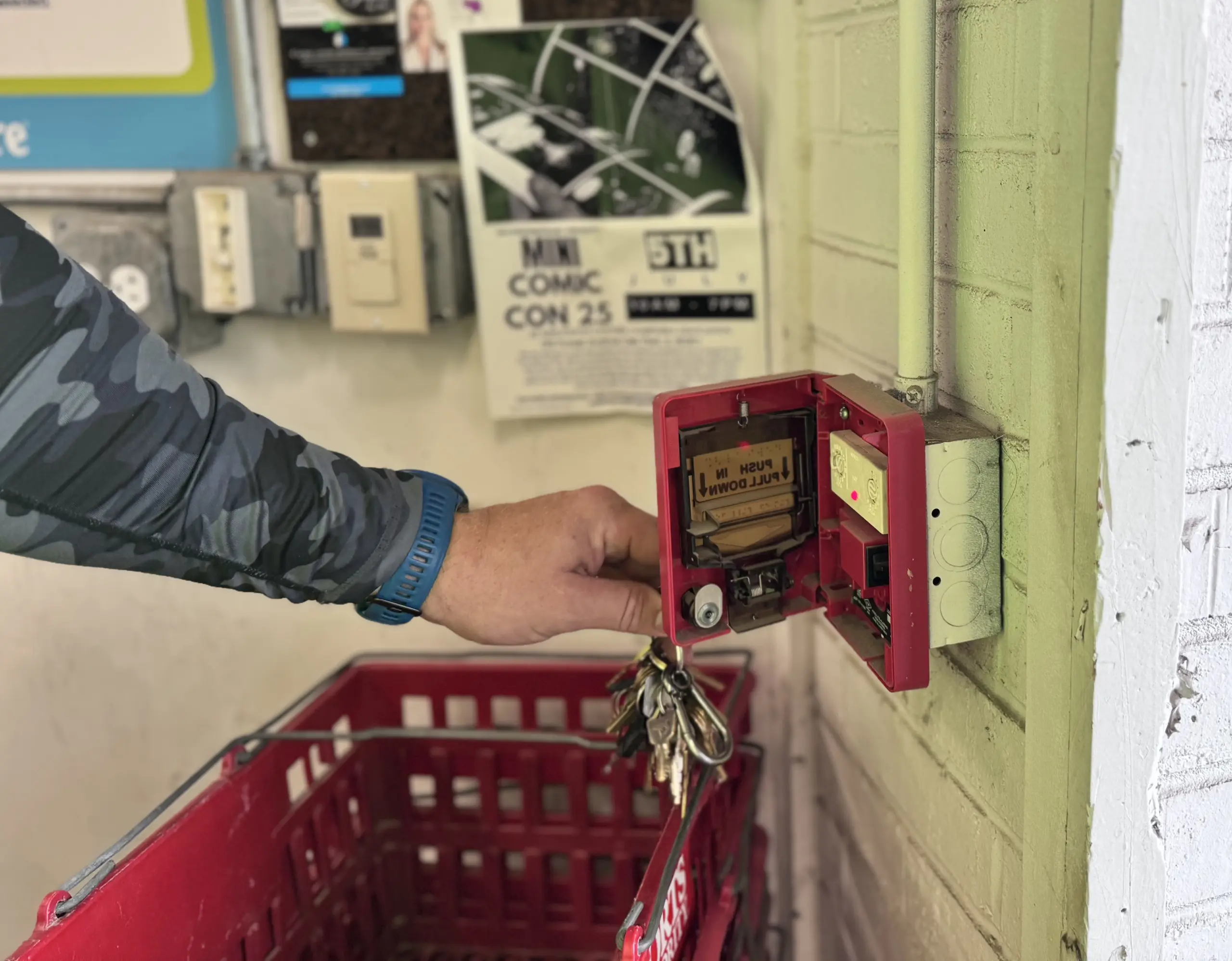
Red Star Inspections ensures your building/property’s compliance and adhering to fire safety standards. Proper installation, regular maintenance, and testing of fire alarm systems is required. Additionally, ensuring proper signage for and placement of fire alarms, pull stations, and emergency exit signs and lights is imperative for visibility. Partnering with a reputable fire protection company like Red Star will streamline the preparation process. RSI offers a team with expertise in maintaining fire alarm systems, conducting regular checks/inspections, and providing guidance on safety best practices. Failure to comply with fire safety standards can result in serious consequences, including fines and even forced closure of the business. Violations range from technical issues to life-threatening hazards, each carrying its own set of penalties.
